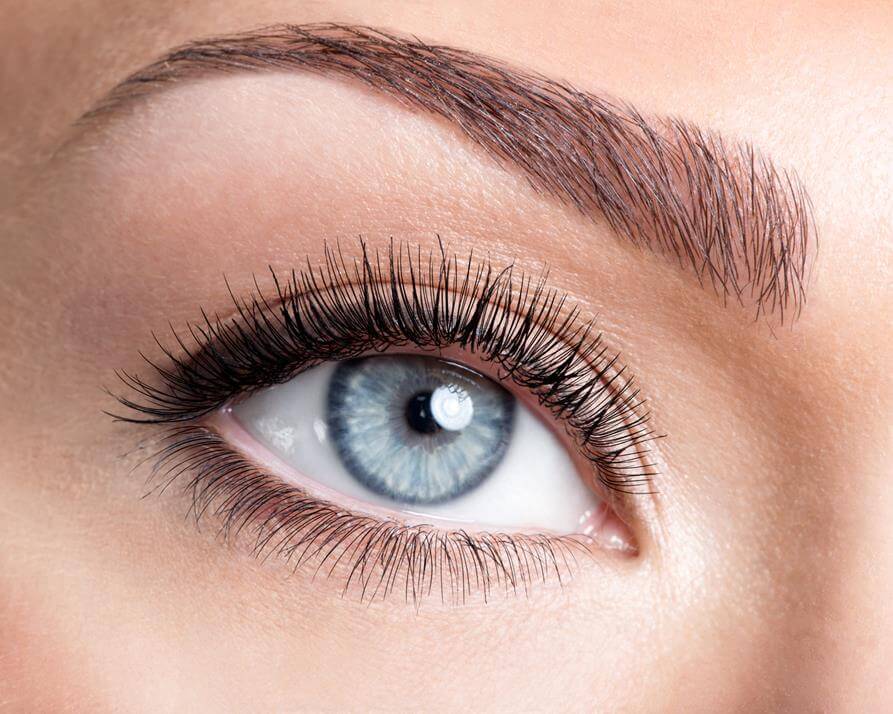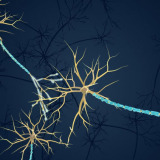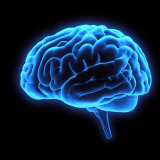Seeing the benefits of cord tissue in the treatment of macular degeneration
02/01/2024
There are many forms of macular disease affecting eyesight, the most common of which is age-related macular degeneration (AMD). In fact, AMD is the leading cause of sight loss in the developed world.
And, it is not just the old who are affected, juvenile macular dystrophies, covering a large number of inherited and rare conditions, often appear in childhood.
Macular degeneration causes the light sensitive cells in the retina to degrade, resulting in blurriness, wavy lines and blind spots that progressively get worse. There are two types of disease, wet and dry, and currently neither has a cure.
However, scientists believe stem cell therapy could be the solution.

Umbilical cord tissue being used treat macular degeneration
Scientists and doctors expect that regenerative therapies, using multipotent cells from umbilical cord tissue can stop the progression of the disease early enough to prevent its worse effects.
A phase II trial in Chicago is currently testing the safety of injecting cells behind the retina without causing additional damage to the eye. Whilst this is an early stage safety study, the trial will also evaluate the impact that the injection of cells has on slowing or possibly even halting the progression of the disease.
“If the treatment is successful, that would mean that we might be able to use it in people with the beginning stages of dry age-related macular degeneration, when vision loss is not so severe, in order to slow the loss of RPE and photoreceptor cells”
Dr. Yannek Leiderman, Asst. profession of Opthalmology, University of Illinois
It will take several years to evaluate whether this therapy is successful, however if this is the case, stem cells from cord tissue could deliver significant improvements in quality of life to the thousands of elderly people who suffer from this condition.
Cells4Life were the first cord blood bank to provide a cord tissue sample for treatment. Since then the number of clinical trials investigating the therapeutic use of tissue-derived stem cells has increased – conditions under investigation include:
-
Arthritis
-
Multiple sclerosis
-
Autism
-
Brain injury
-
Bone fracture






